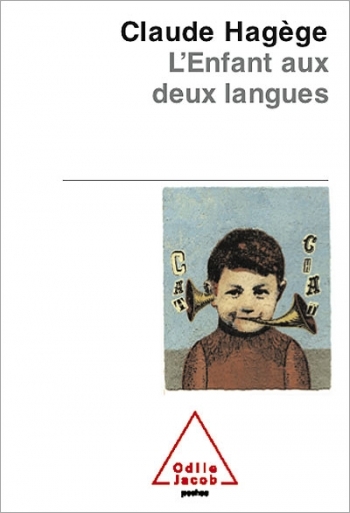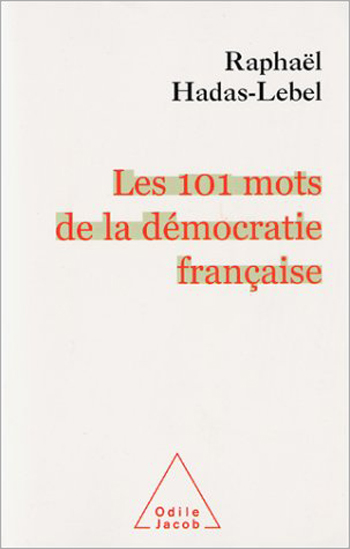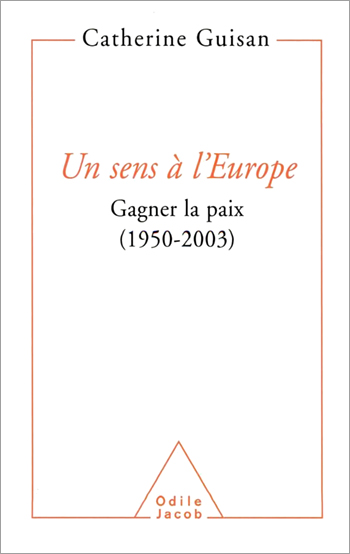Human Sciences All books
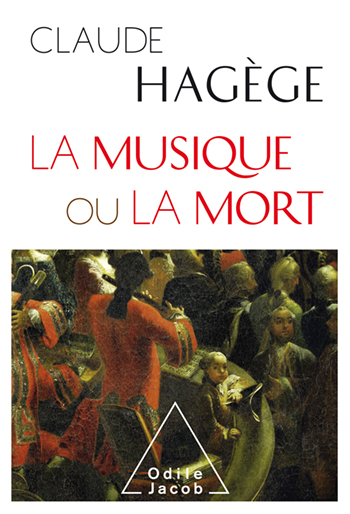
Claude Hagège
Music or Death The language of music explained by an eminent linguist
Music does indeed have a strong message to convey
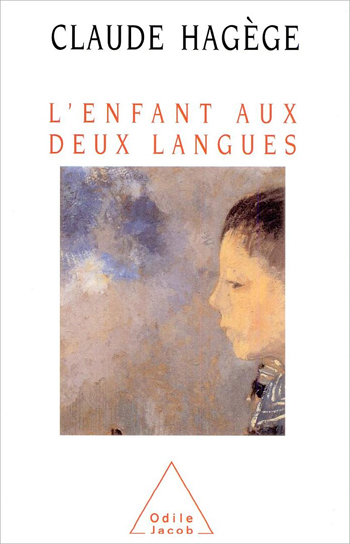
Claude Hagège
The Child who speaks two languages
At what age should we learn a second language? Which are the intellectual faculties which bilinguism helps to develop? What is the compared efficiency of language learning in childhood and in adulthood? In which case does a person forget a language, particularly a mother tongue? Claude Hagège tells us here that anybody can become perfectly bilingual and how Europe, which is not the continent where the most bilingual people are found, can multiply their number. Indeed, the challenge of bilingualism is at the heart of European union. C. Hagège, professor at the Collège de France, has published in particular L'Homme de paroles and Le Souffle de la Langue.
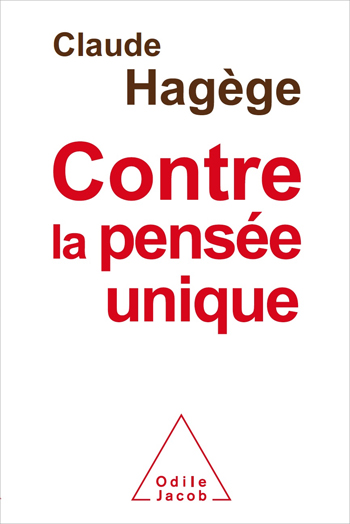
Claude Hagège
Against Uniform Thinking
The threat of uniform thinking, relayed notably through the English language, should lead us to react in defence of linguistic and cultural diversity.
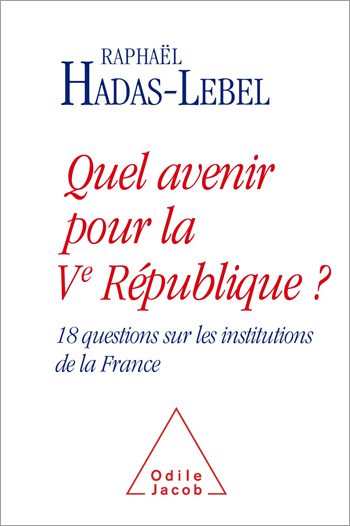
Raphaël Hadas-Lebel
The Future of France’s Fifth Republic and Its Institutions in 18 Questions
Should France abandon the five-year presidential term? Should it proscribe political cohabitation (following the failure of the presidential party to acquire a parliamentary majority)? Is a second chamber necessary? How can the Constitutional Council be made to evolve?
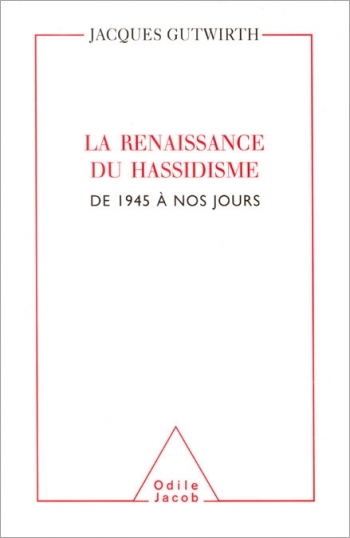
Jacques Gutwirth
The Rebirth of Hasidism, from1945 to the present
In 1945, there were 20,000 Hasidim in the world. Today, there are between 350,000 and 400,000, about half of whom live in Israel. This population explosion cannot be explained simply by demographic reasons. In France alone, it is estimated that there are 10,000 to 15,000 Lubavitch Hasidim, a small but particularly active community. Jacques Gutwirth paints a vivid picture of the major centres of Hasidism - Antwerp, New York, Jerusalem, Bne Brak and Paris. He describes the main aspects of Hasidism today, its spiritual and intellectual contributions, its recent history and the influence it has. Hasidism cannot be reduced simply to a religious conception, a way of expressing one's religion, or a particular lifestyle. Its rapid development is linked to current politics and global economics, to which in turn it also contributes. In this rigorous, balanced study of one of Judaism's most dynamic communities, the author provides solid information to further the discussion on the rise of religious fundamentalism. Jacques Gutwirth is an anthropologist and an honorary research fellow at the Centre National de la Recherche Scientifique (CNRS). A pioneer in the field of urban anthropology, he has taught at the University of Provence, in Aix, and at the University René Descartes, in Paris, as well as in Germany and the United States. He is the founder of the laboratory of anthropology at the CNRS. His first book, Vie Juive Traditionnelle, about a Hasidic community in Antwerp, is regarded as a classic. He is also the author of Les Judéo-Chrétiens Aujourd'hui and L'Eglise Electronique: La Saga des Télévangélistes

